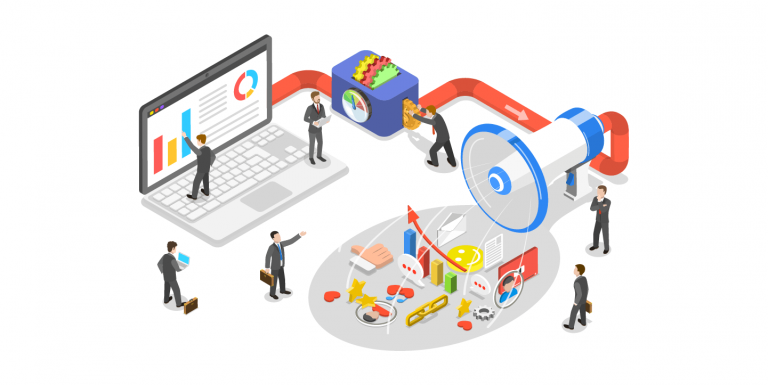Top 7 Internet Safety Rules
Despite the importance of apps today, and its significance in our daily online interactions, when compared to your traditional site, that doesn’t mean we throw away basic internet safety rules. Hackers never sleep, as they’re constantly on the lookout, for new ways to steal confidential data from unsuspecting individuals.
When surfing online without any safety protocols in place, it can also lead to other threats, such as rude or embarrassing comments, images that, once they get online, are very difficult for you to remove. There’s also you getting into heated conversations with people, you’d much rather not associate with.
Below are 7 internet safety rules that you should be following, if you want to avoid any trouble while online and offline.
1. Enable Privacy Settings
Both hackers and marketers have one thing in common, and that’s that they want to know all about you. Both are able to learn a whole lot about you, from your social media and browsing activity. But if you take the right steps, it’s possible to control such data. You’ll find that most web browsers today, have online privacy settings that you can use to protect yourself. Social media platforms such as Facebook also include privacy settings that you can access. These privacy settings tend to be obscure, difficult to find, mainly because these companies want your personal information, which they can then use for its marketing value. You need to ensure that these privacy settings are on – that’s all.
2. Use a Firewall
The firewall is amongst the first line of defence while surfing the internet. If you have your own small business, it’s imperative that you have a firewall, as it will act as a barrier between the cybercriminals and your sensitive data. In addition to your typical firewall software, many companies go a step further and acquire external firewall devices that are capable of providing added protection. If you have employees that work from home, then it’s a safe bet for them to install a firewall on their home networks. Consider investing in some firewall software, which you can supply to your employees.
3. Choose Unique Passwords
If you’ve been on the internet for any real length of time, then it’s most likely that you have many different online accounts. These accounts all have their own passwords. However, this in itself becomes a problem, as it can be very difficult to remember all these different passwords. As a solution, many people opt to use the same password across accounts. Or they stick to two or three variations of the same word. The main problem with this, is if a hacker is able to compromise one of your passwords, it’ll give them access, to potentially all your other accounts.
4. Practice Safe Browsing
For the vast majority of people, we tend to avoid areas that are known for violence, so the same should reign true for the internet. Cybercriminals like to lure people in, by using clickbait content. They know that, if they can tempt you with dubious content, then you may provide them with information that you shouldn’t. It’s up to you, to take extra precaution, while browsing the various websites. You need to be cognizant of the risks, when clicking on things. By resisting any urges laid out in front of you, you eliminate any chance hackers have of compromising your data.
5. Use Two-Factor Authentication
Two-factor authentication (2FA) is an excellent mode of security that one can use to protect their online accounts from hackers. When you use this mode of authentication, you’re given the option to have a code sent to your mobile device, which you can use to authenticate yourself, every time you want to log in. This way, if a hacker was able to get hold of your password, they wouldn’t be able to log into your account, without access to your phone also.
6. Install Antivirus Software
With the right antivirus software installed on your computer, it will effectively detect and remove malicious files from your system. If you don’t have any antivirus software installed, then I suggest you consider installing one, right now. If you’re on a later Windows operating system, then it should come with the built-in Windows Defender. Otherwise, you’ll need to get something online. There are many well-known online security companies. But if you don’t know what to choose, you should ask people you know, what they use, and how they feel about their security software. There are free antivirus software online, but you need to know which ones you can trust, and which you cannot. So I’d still recommend you asked around. Outside of that, you could go with the built-in solution, if you have a Windows 7 or later system.
7. Regularly Back Ups
While you want to do your utmost to prevent malicious attacks, it’s still a possibility that your system will be breached one day. For this reason, it’s recommended that you backup your data. Look to backup things, such as your personal documents, financial files, account logins etc. If you use a cloud service, you should also consider backing that up, possibly to an external hard drive, just in case. Be sure to store all your backups in a safe location. Somewhere it will be safe from both a flood and a fire. To ensure that you can call upon your backups at any time, in the event of an unforeseen issue. You need to ensure that your backups are up-to-date. For that reason, you will need to regularly backup your data.
–AUTHOR INFO—
Uchenna Ani-Okoye is a former IT Manager who now runs his own computer support website https://www.compuchenna.co.uk/.



